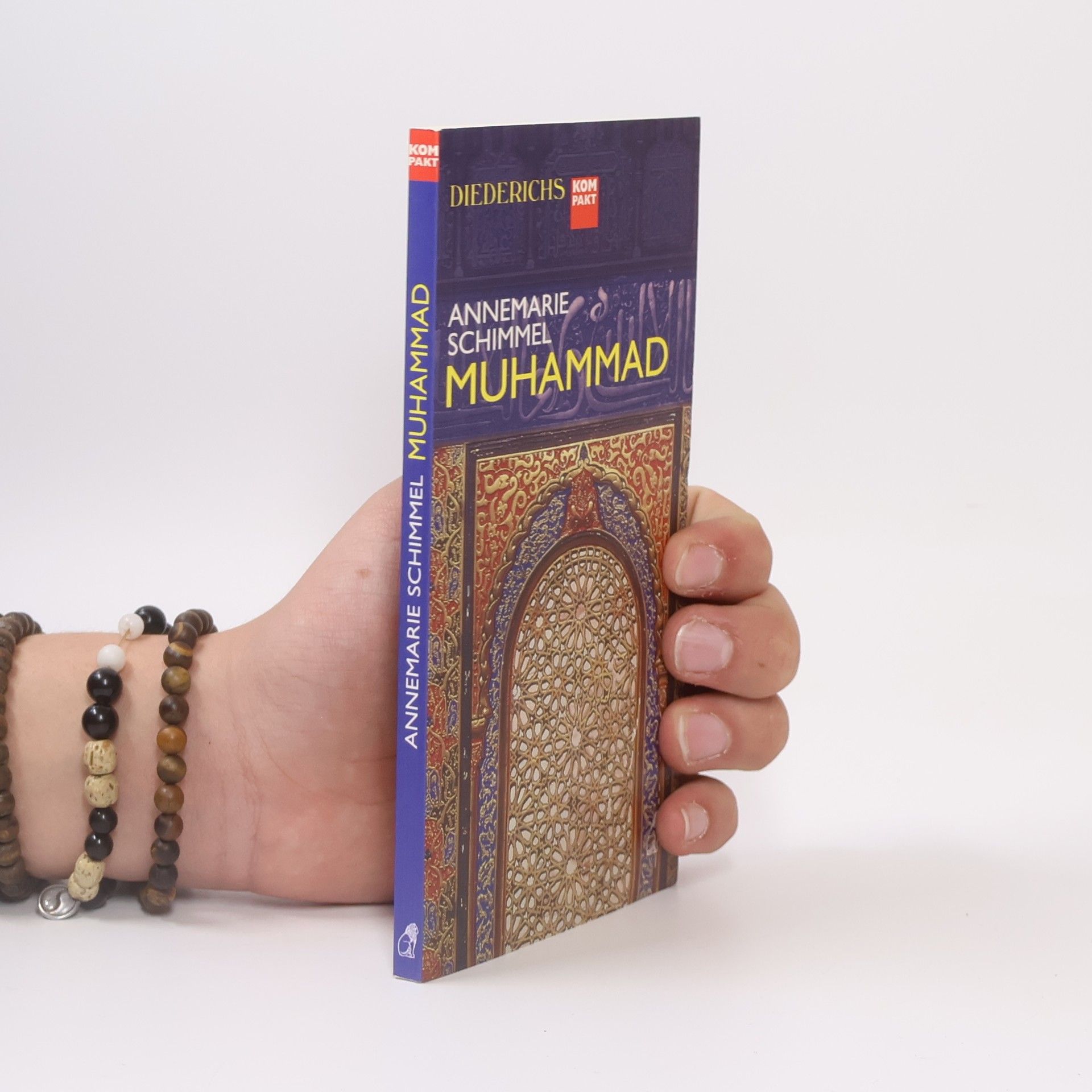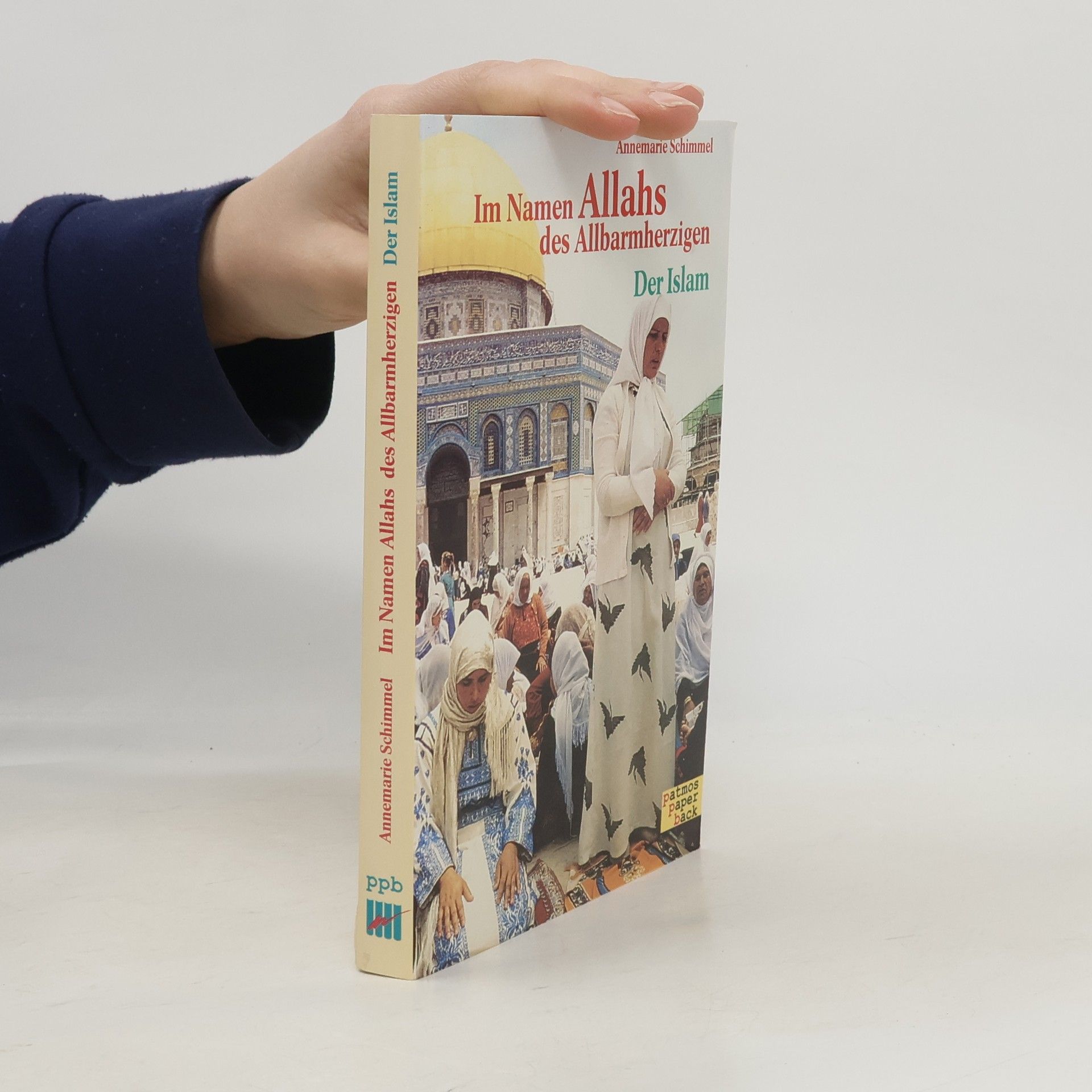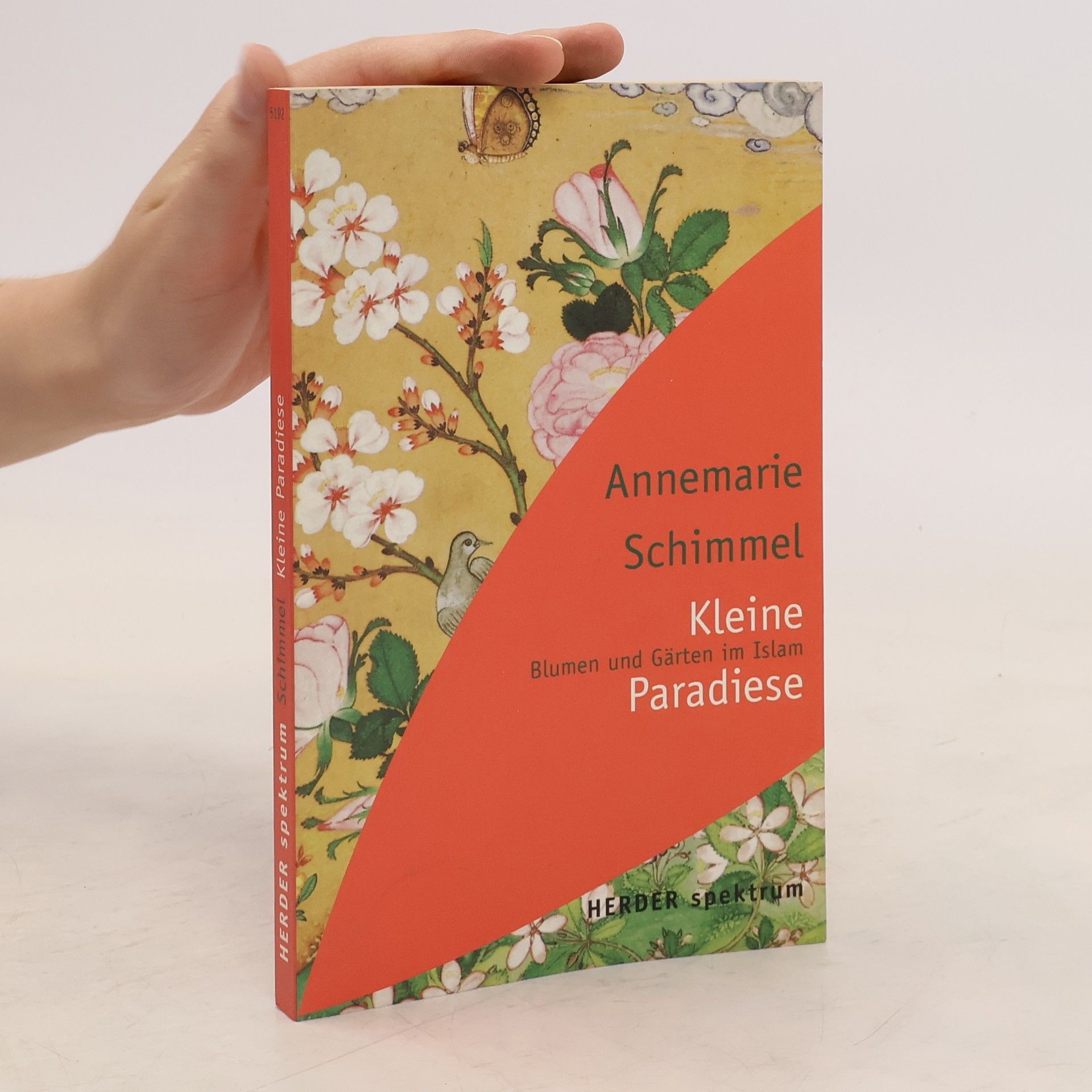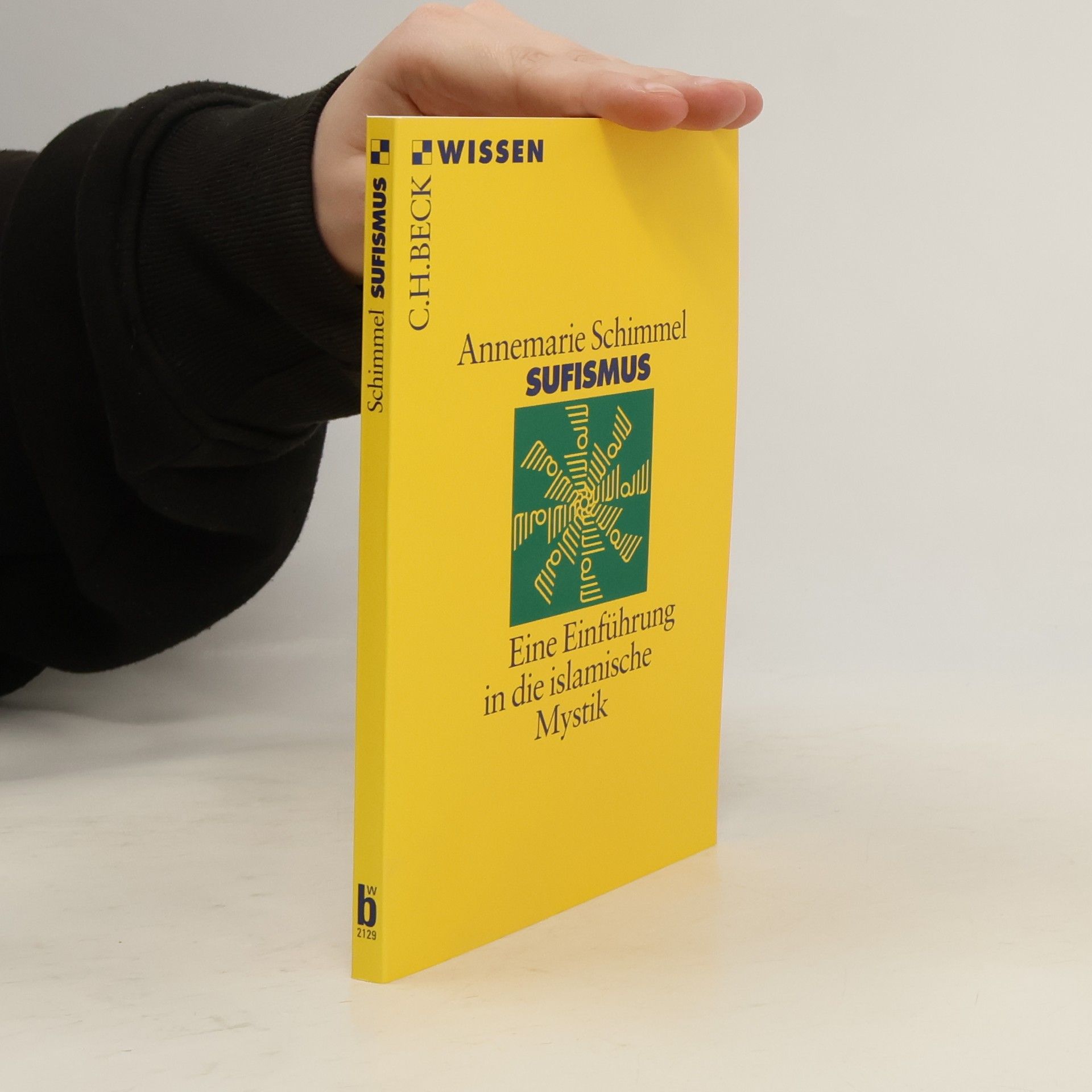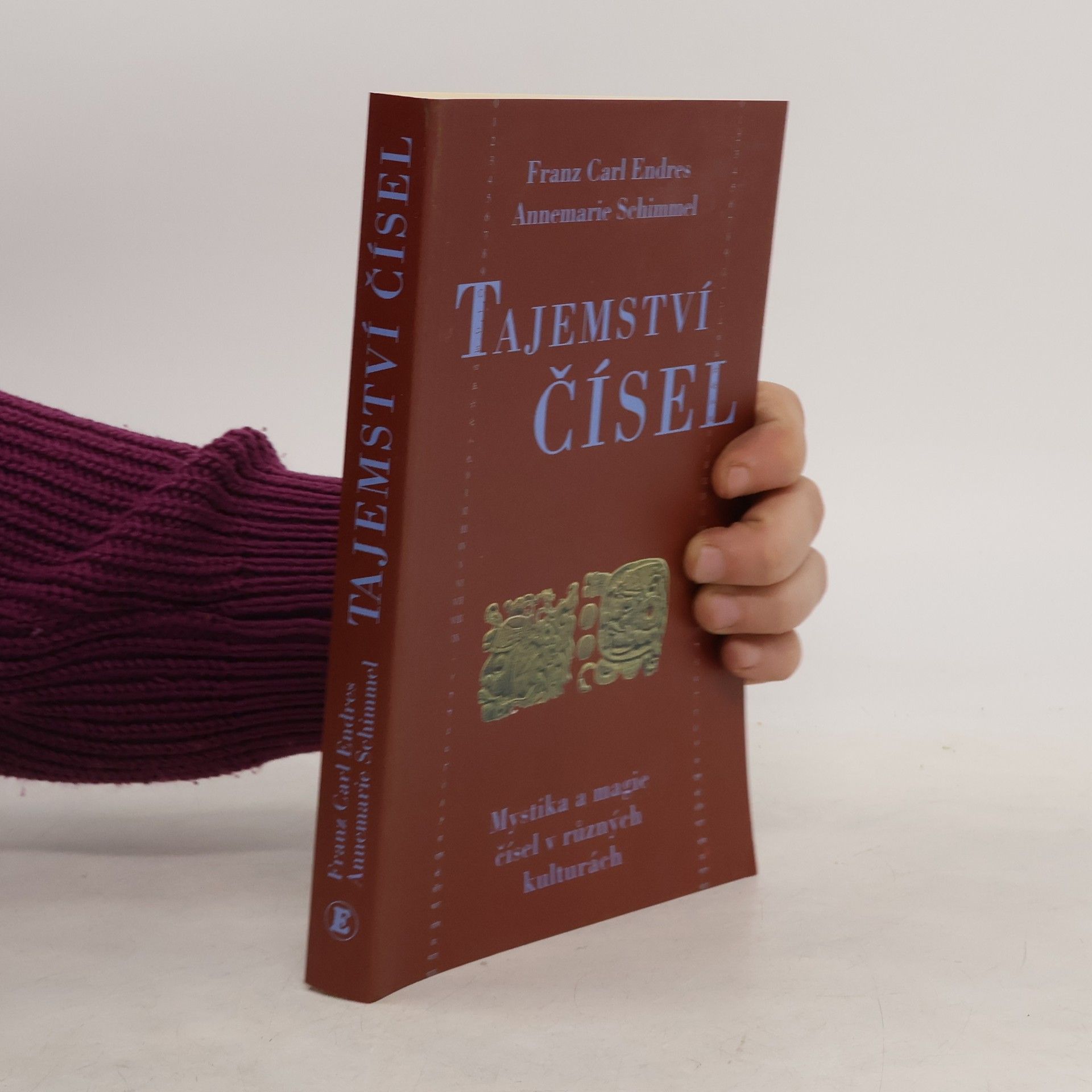Angesichts der Religionsvielfalt, mit der wir in unserer multikulturellen Gesellschaft konfrontiert sind, wird die Auseinandersetzung mit den großen Weltreligionen immer wichtiger. Annemarie Schimmels Buch über den Islam informiert zuverlässig und räumt Vorurteile und Missverständnisse aus, die gegenüber dieser Weltreligion besonders groß sind. Die profunde Kennerin des Islam hat dazu alle relevanten Themen rund um den islamischen Alltag und die Tradition zusammengestellt und bietet einen umfassenden, aktuellen und leicht zu lesenden Überblick.
Annemarie Schimmel Book order (chronological)
A German scholar specializing in Orientalism and Islam, she dedicated her extensive work to illuminating the world of Islam and Sufism. Her writings delved deeply into the spiritual and cultural traditions of Islam, often focusing on its mystical dimensions. Her approach combined rigorous academic inquiry with a profound understanding of her subjects. She significantly contributed to introducing Western readers to the richness of Islamic spirituality and thought.


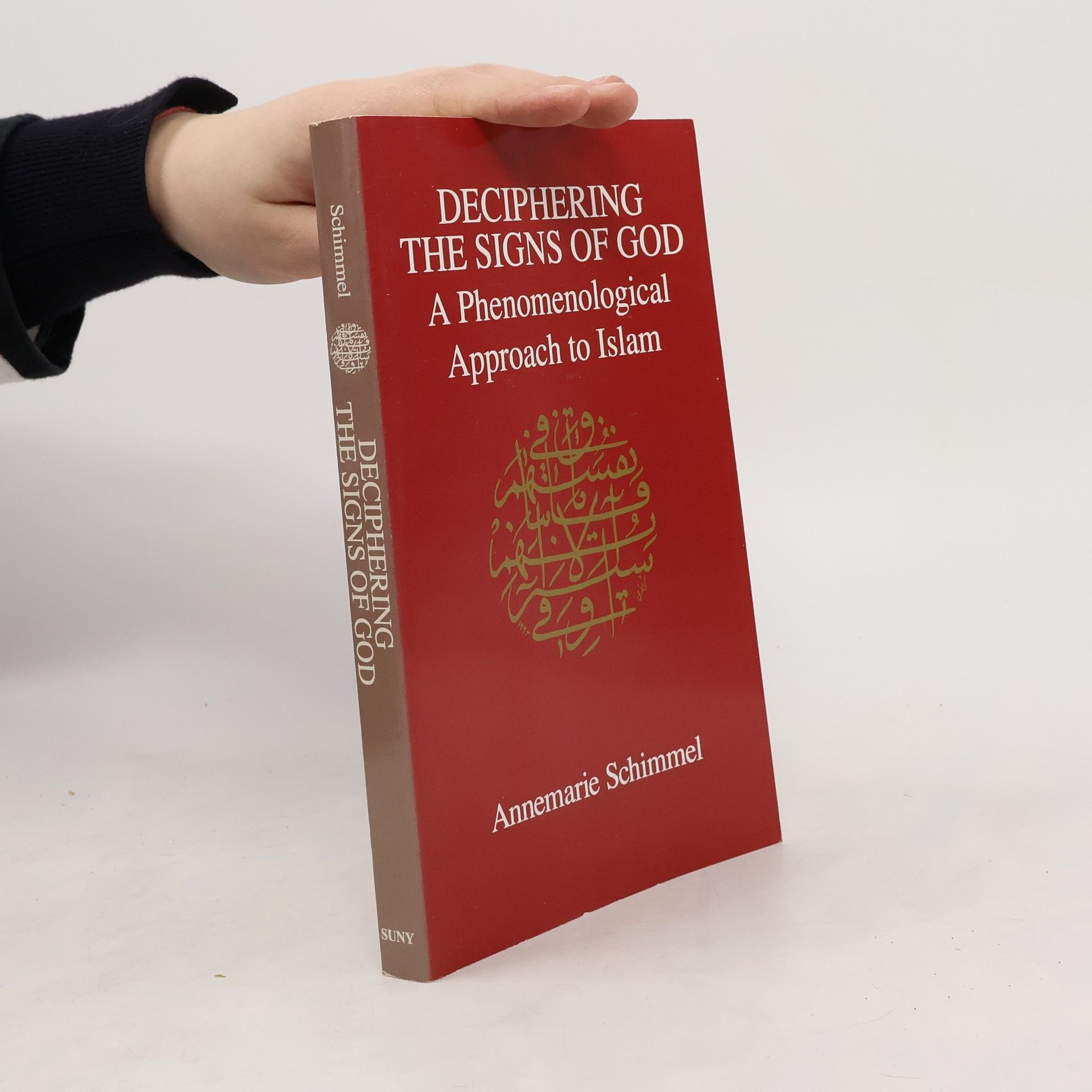

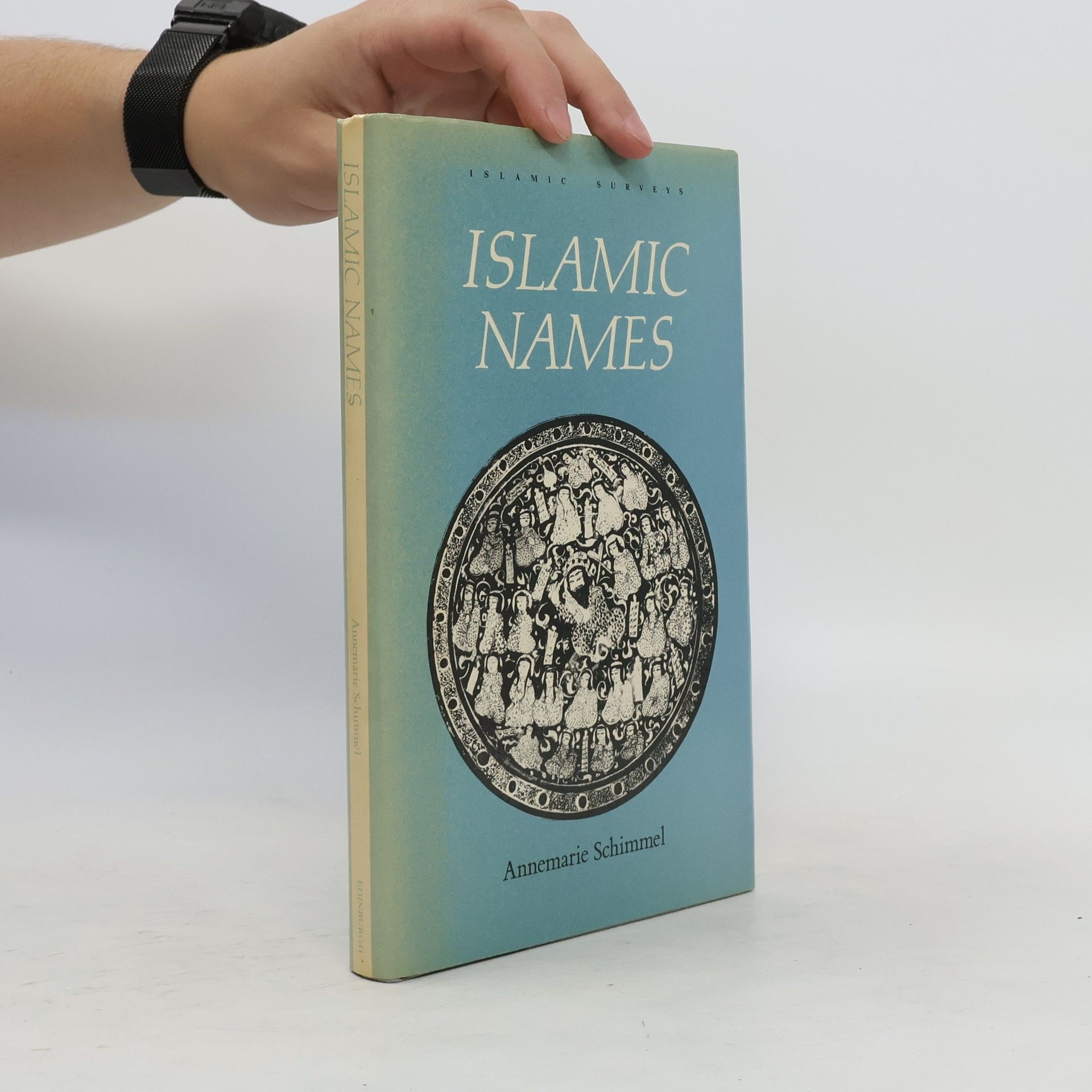

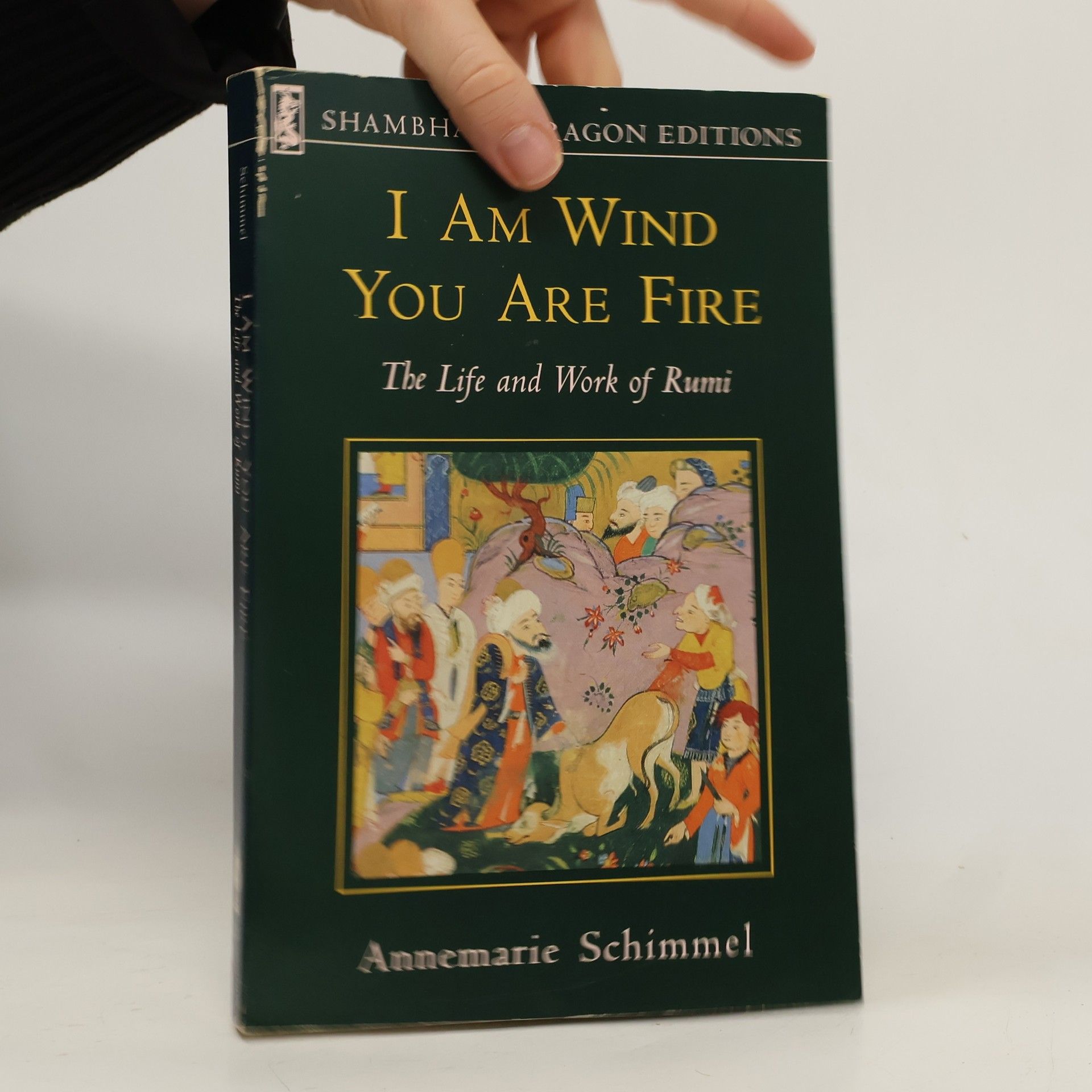
Muhammad
- 96 pages
- 4 hours of reading
Muhammad (Mohammed), der Religionsstifter des Islam, wurde im Jahr 569 in Mekka geboren und starb 632 in Medina. Während der letzten 22 Jahre seines Lebens wurden ihm von einem Engel die Offenbarungen Allahs überbracht. Wer war die historische Person Muhammad? Wie hat er die Botschaften Allahs empfangen und den Koran geschaffen? Welche Bedeutung hatte er für die Entwicklung des Islam? Und wie wird Muhammad heute von den Muslimen in aller Welt verehrt?
Das Leben der großen Orientalistin Annemarie Schimmel gibt viele Rätsel auf. Warum lernt ein Teenager im Dritten Reich mit Begeisterung Arabisch, um bereits mit 19, kurz nach Beginn des Zweiten Weltkriegs, in Islamwissenschaften promoviert zu werden? Wie wird eine junge Frau mit 23 Jahren Professorin in einem von Männern dominierten Fach, behauptet sich später in Ankara als Nicht-Muslimin auf einem Lehrstuhl der islamisch-theologischen Fakultät und dann auch noch im elitären Harvard? Warum sind heute im Orient Straßen und Plätze nach ihr benannt? Wer Annemarie Schimmels Autobiographie liest, wird das alles ganz natürlich finden. Denn nie waren der Orient und seine Sprachen, der Islam und seine Mystik nur distanzierte Forschungsobjekte für sie. Wie all dies seit ihrer Kindheit Teil ihres Lebens und sie selbst zur herausragenden Vermittlerin zwischen Orient und Okzident wurde, schildert Schimmel in ihrer warmherzigen, witzigen und poetischen Autobiographie. Sie verschweigt nichts von den Schwierigkeiten und Hindernissen - aber auch nichts von den Freuden und Genüssen eines wahrhaft west-östlichen Lebens.
The life of Rumi, a 13th-century Persian poet, is explored through his transformation from a quiet religious teacher to a figure of mystical ecstasy after meeting Shams Tabriz. This encounter ignites Rumi's prolific poetry, expressing his yearning for the Divine Beloved, symbolized by Shams. The book delves into the significance of Rumi's work, including the invention of the Melevi dervishes' whirling dance, and features translations of his most notable poems, providing insight into his profound spiritual journey.
Im Namen Allahs des Allbarmherzigen
- 207 pages
- 8 hours of reading
Angesichts der Religionsvielfalt, mit der wir in unserer multikulturellen Gesellschaft konfrontiert werden, wird die Auseinandersetzung mit dem Westen der großen Weltreligionen immer wichtiger. Dieser Beitrag über den Islam will Wissenslücken schließen und Missverständnisse, die heute gerade dieser Religion gegenüber besonders groß sind, ausräumen. Annemarie Schimmel, eine profunde Kennerin des Islam, hat dazu alle Fragen, die man ihr immer wieder vorlegt, zusammengestellt und umfassend beantwortet.
Das islamische Jahr
- 167 pages
- 6 hours of reading
Wer eine fremde Religion oder Kultur verstehen will, sollte sich zuerst mit ihren Festen und ihren Zeitvorstellungen vertraut machen. Das gilt in besonderer Weise für den Islam, dessen Kalender stark von unserem abweicht. Dieses Buch führt allgemein-verständlich in den islamischen Mondkalender, die Bedeutung der einzelnen Monate und Wochentage sowie die Jahreszählung ein. Es beschreibt die wichtigsten Feste wie das Opferfest oder das iranische Neujahrsfest, die Pilgerfahrt nach Mekka und den Fastenmonat Ramadan. Annemarie Schimmel versteht es meisterhaft, aus dem reichen Schatz ihrer persönlichen Erfahrungen in vielen Gegenden der islamischen Welt zu schöpfen und zugleich die Geschichte der Feste unter Rückgriff auf bisher kaum bekanntes Quellenmaterial zu erzählen.
Kleine Paradiese
- 160 pages
- 6 hours of reading
Annemarie Schimmel, international renommierte Orientalistin, geboren 1922, lehrte zuletzt in Harvard und hat zahlreiche Publikationen zur islamischen Kultur und Geschichte vorgelegt.
Sufismus
- 124 pages
- 5 hours of reading
Die wandernden und tanzenden Derwische sind die augenfälligsten Vertreter des Sufismus, der sich im 8. Jahrhundert aus islamischen Wurzeln entwickelte und bis heute in zum Teil international organisierten Orden und Bruderschaften fortlebt. Annemarie Schimmel führt in die zentralen Begriffe der islamischen Mystik ein und schreitet die Stationen der Sufis auf ihrem Weg zu mystischer Gottesliebe und Gotteserkenntnis ab. Sie stellt die bedeutendsten Sufi-Heiligen sowie die wichtigsten Werke der klassischen Sufiliteratur vor und eröffnet ungeahnte Einblicke in die faszinierende Welt des Sufismus.
Tajemství čísel: Mystika a magie čísel v různých kulturách
- 260 pages
- 10 hours of reading
Podtitul: Mystika a magie čísel v různých kulturách. První dílo u nás, které odpovídá na to, odkud se vzaly číselné systémy, proč se liší v různých kulturách, která čísla jsou šťastná a která nešťastná. Dále vás poučí o mystice čísel v lidské historii, odhalí svět jednotlivých číslic s jejich významy a mnoho jiných zajímavostí.
Gesang und Ekstase
- 213 pages
- 8 hours of reading
Mit einmaliger Sachkenntnis und persönlicher Affinität wählt Annemarie Schimmel die im Westen wenig bekannten Texte aus der mystischen Tradition des indischen Islam aus, übersetzt sie kongenial und gibt Kommentare zu den poetischen Texten und ihren Autoren aus der tausendjährigen Sufi-Literatur. Diese poetisch-sprirituelle Textauswahl zu Hauptthemen des Sufismus bietet eine lohnende meditative Lektüre, die die Nähe der Sufi-Mystik und der christlichen Mystik sichtbar macht.

